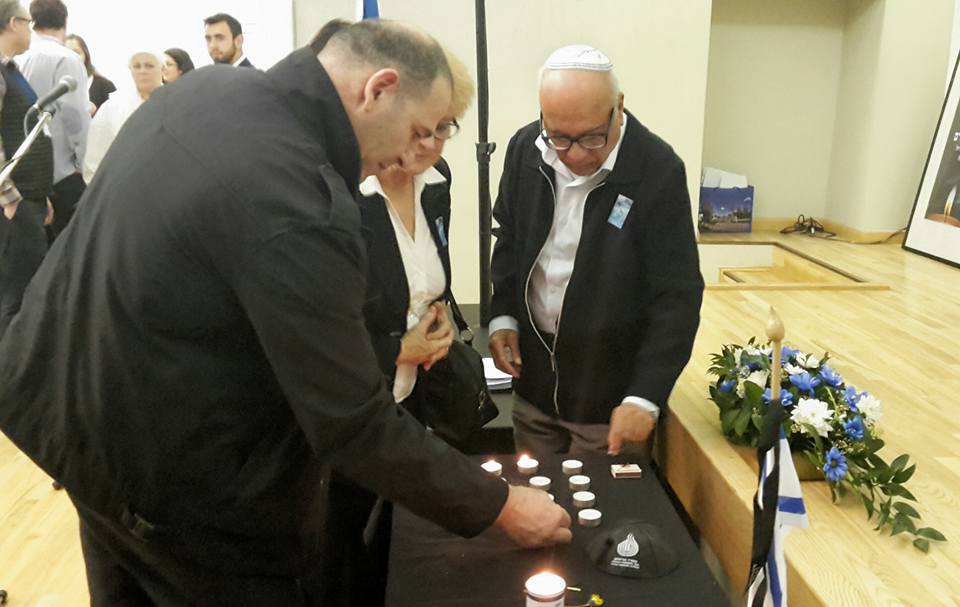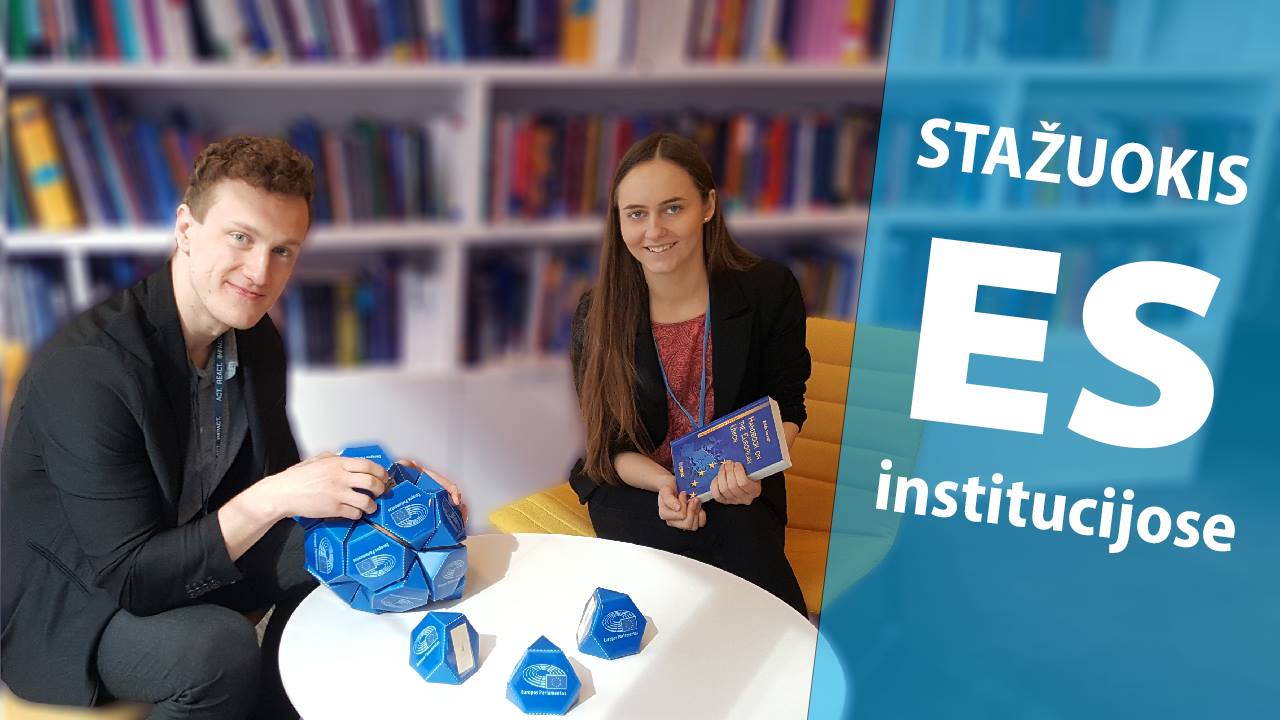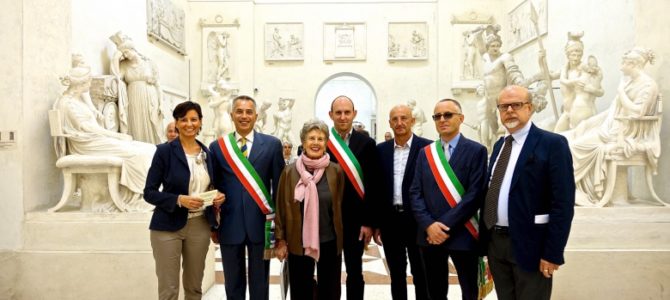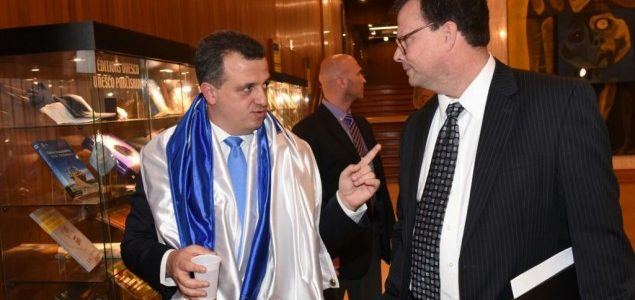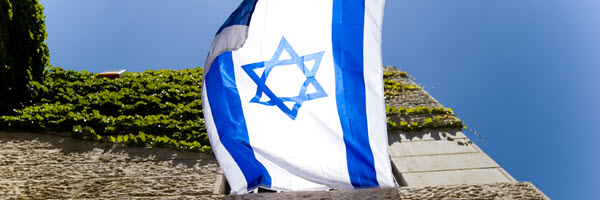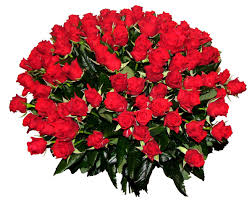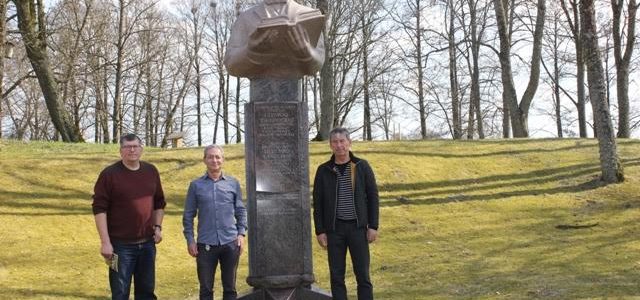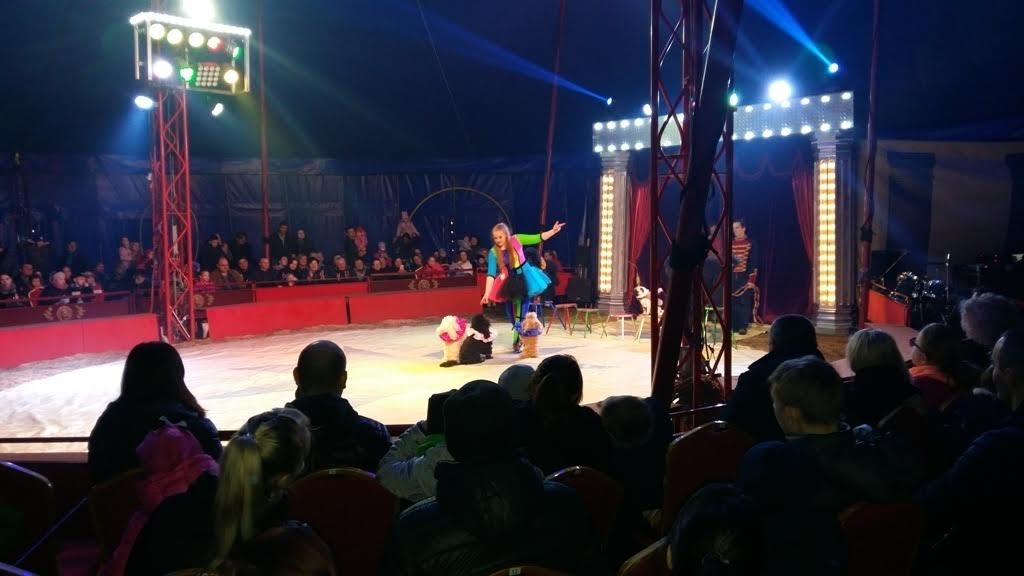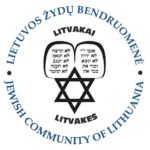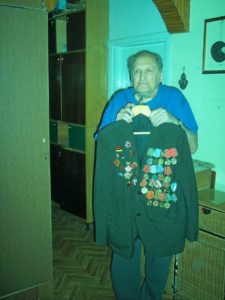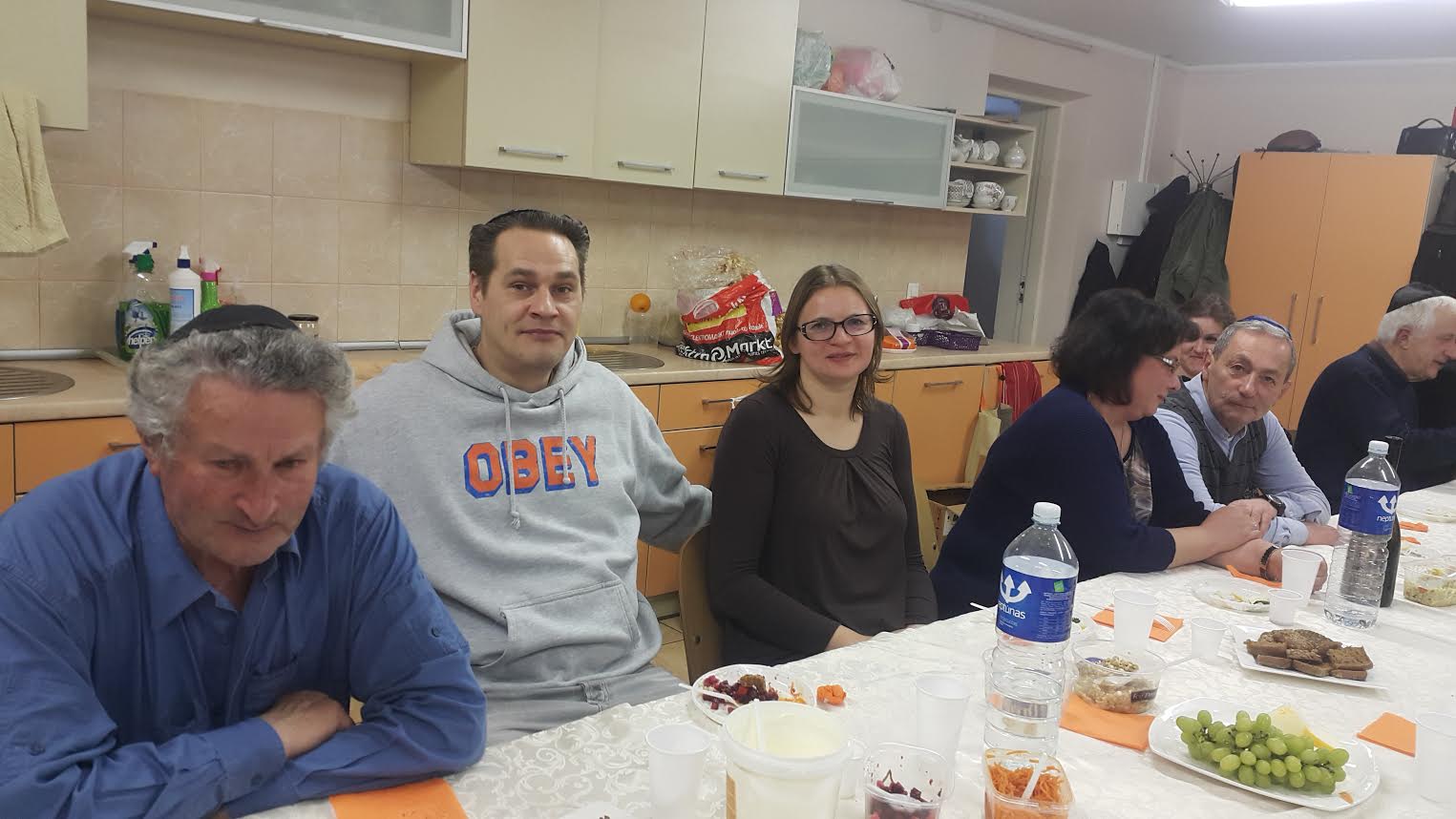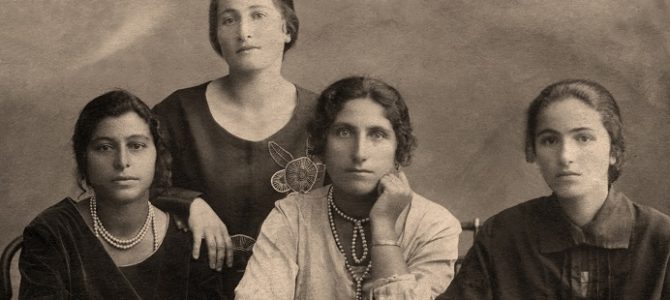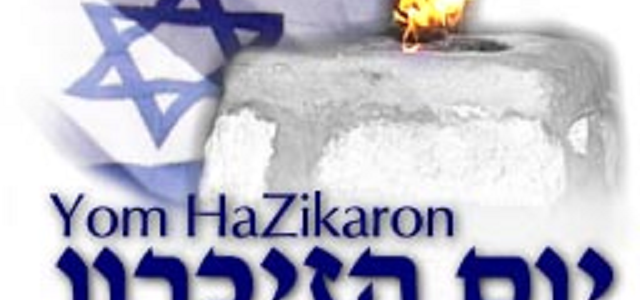
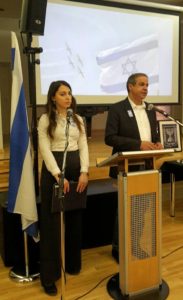
The Lithuanian Jewish Community and the embassy of Israel marked Yom haZikaron, the day for fallen Israeli soldiers and terrorism victims, April 30.
The day chosen for the commemorative holiday isn’t arbitrary. On Iyar 4, 5708 (May 13, 1948) the defenders of Gush Etzion, a cluster of settlements south of Jerusalem, perished, not knowing within 10 hours the independent State of Israel would be proclaimed.
Annually, those who fell in the Arab-Israeli wars and including IDF troops, police, security forces, spies abroad and Jewish underground members are remembered. Officially those who fell from 1860 are counted, the year considered the start of the Jewish battle for the Jewish state of Israel.
There is no tomb of the unknown soldier in Israel because Israelis react deeply and emotionally to every loss, the memory of each one is cherished and everyone is remembered. In recent years the day has also commemorated victims of terrorist attacks, whose numbers increase each year and include children, women, the elderly and youth.
